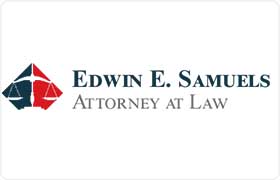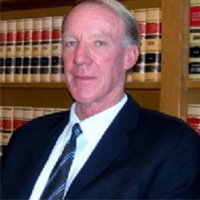Holy City Juvenile Law Lawyer, California
Sponsored Law Firm
-
 x
x

Click For More Info:
-
Edwin Samuels Attorney At Law
220 South California Avenue Suite 246 Palo Alto, CA 94306» view mapCriminal Defense Law Experienced. Passionate. Persistent.
At Edwin E. Samuels, Attorney At Law, in Palo Alto, I've been representing Californians charged with a range of offenses for forty years.
800-918-7091
Andrew Mitchell Cain
Education, Other, Family Law, Juvenile Law
Status: In Good Standing Licensed: 23 Years
Robert Ross Powell
Military & Veterans Appeals, Juvenile Law, Other, Family Law
Status: In Good Standing Licensed: 32 Years
Catherine Caroline Forbes
Divorce & Family Law, Juvenile Law
Status: In Good Standing Licensed: 16 Years
FREE CONSULTATION
CONTACT Edwin Samuels Palo Alto, CA
Edwin Samuels Palo Alto, CA
